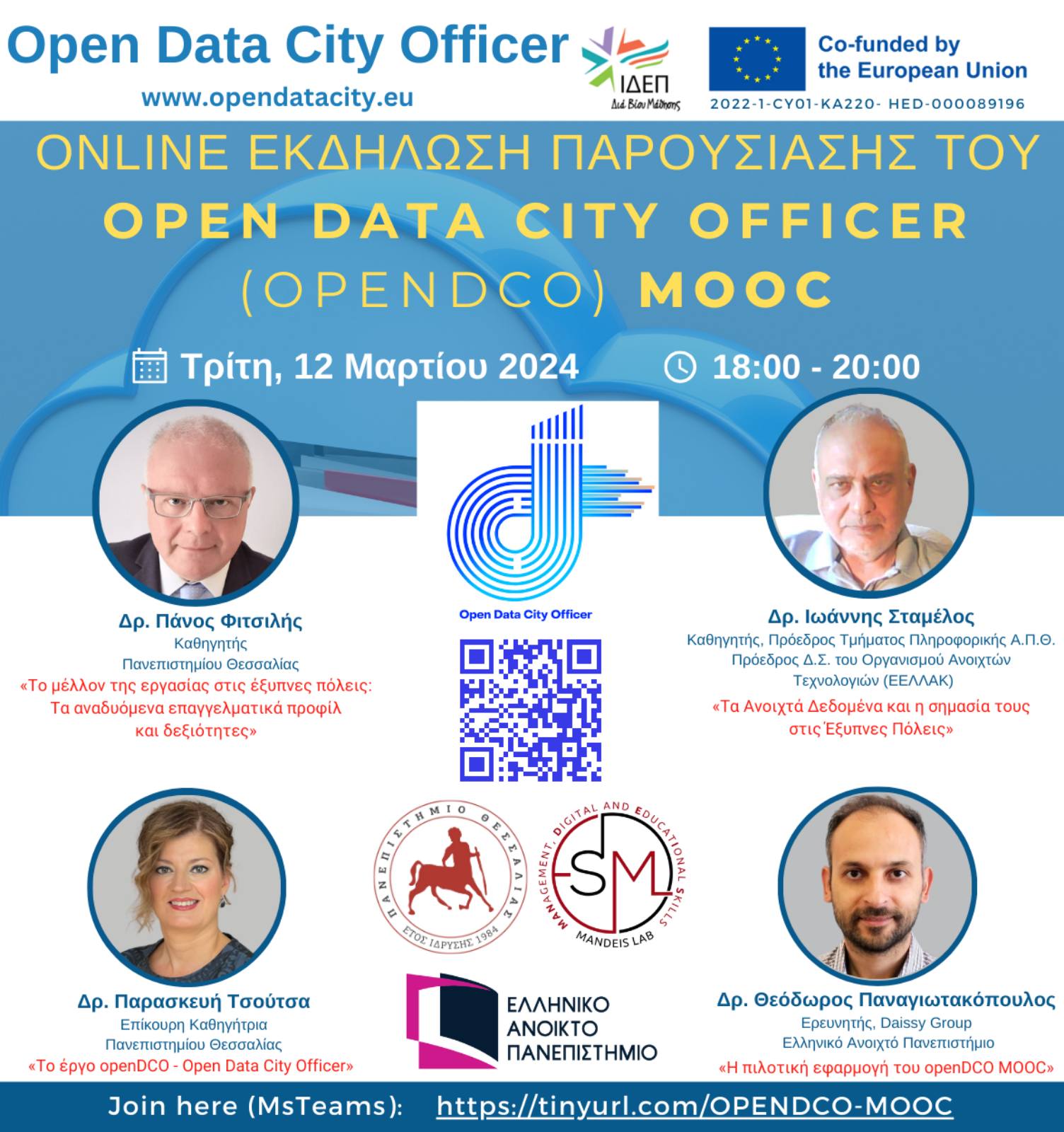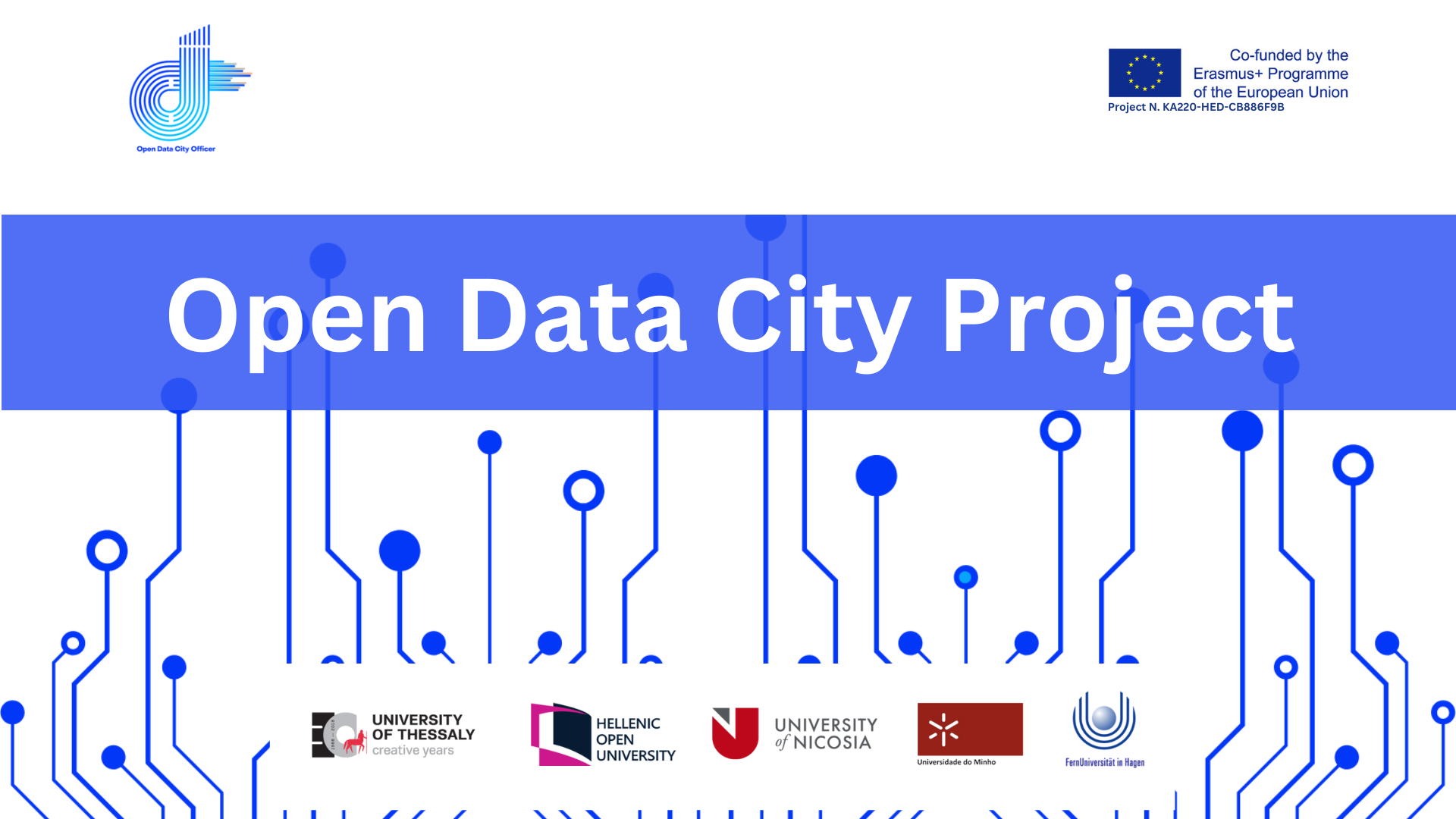Smart Cities—A Structured Literature Review
Authors: Jose Sanchez Gracias, Gregory S. Parnell, Eric Specking, Edward A, Pohl and Randy Buchanan
Department of Industrial Engineering, University of Arkansas, Fayetteville, AR 72701, USA
Engineer Research and Development Center, Vicksburg, MS 39180, USA
https://www.mdpi.com/2624-6511/6/4/80
Abstract
Smart cities are rapidly evolving concept-transforming urban developments in the 21st century. Smart cities use advanced technologies and data analytics to improve the quality of life for their citizens, increase the efficiency of infrastructure and services, and promote sustainable economic growth. Smart cities integrate multiple domains, including transportation, energy, health, education, and governance, to create an interconnected and intelligent urban environment. Our research study methodology was a structured literature review using Web of Science and Google Scholar and ten smart city research questions. The research questions included smart city definitions, advantages, disadvantages, implementation challenges, funding, types of applications, quantitative techniques for analysis, and prioritization metrics. In addition, our study analyzes the implementation of smart city solutions in international contexts and proposes strategies to overcome implementation challenges. The integration of technology and data-driven solutions in smart cities has the potential to revolutionize urban living by providing citizens with personalized and accessible services. However, the implementation also presents challenges, including data privacy concerns, unequal access to technology, and the need for collaboration across private, public, and government sectors. This study provides insights into the current state and future prospects of smart cities and presents an analysis of the challenges and opportunities they present. In addition, we propose a concise definition for smart cities: “Smart cities use digital technologies, communication technologies, and data analytics to create an efficient and effective service environment that improves urban quality of life and promotes sustainability”. Smart cities represent a promising avenue for urban development. As cities continue to grow and face increasingly complex challenges, the integration of advanced technologies and data-driven solutions can help to create more sustainable communities.



